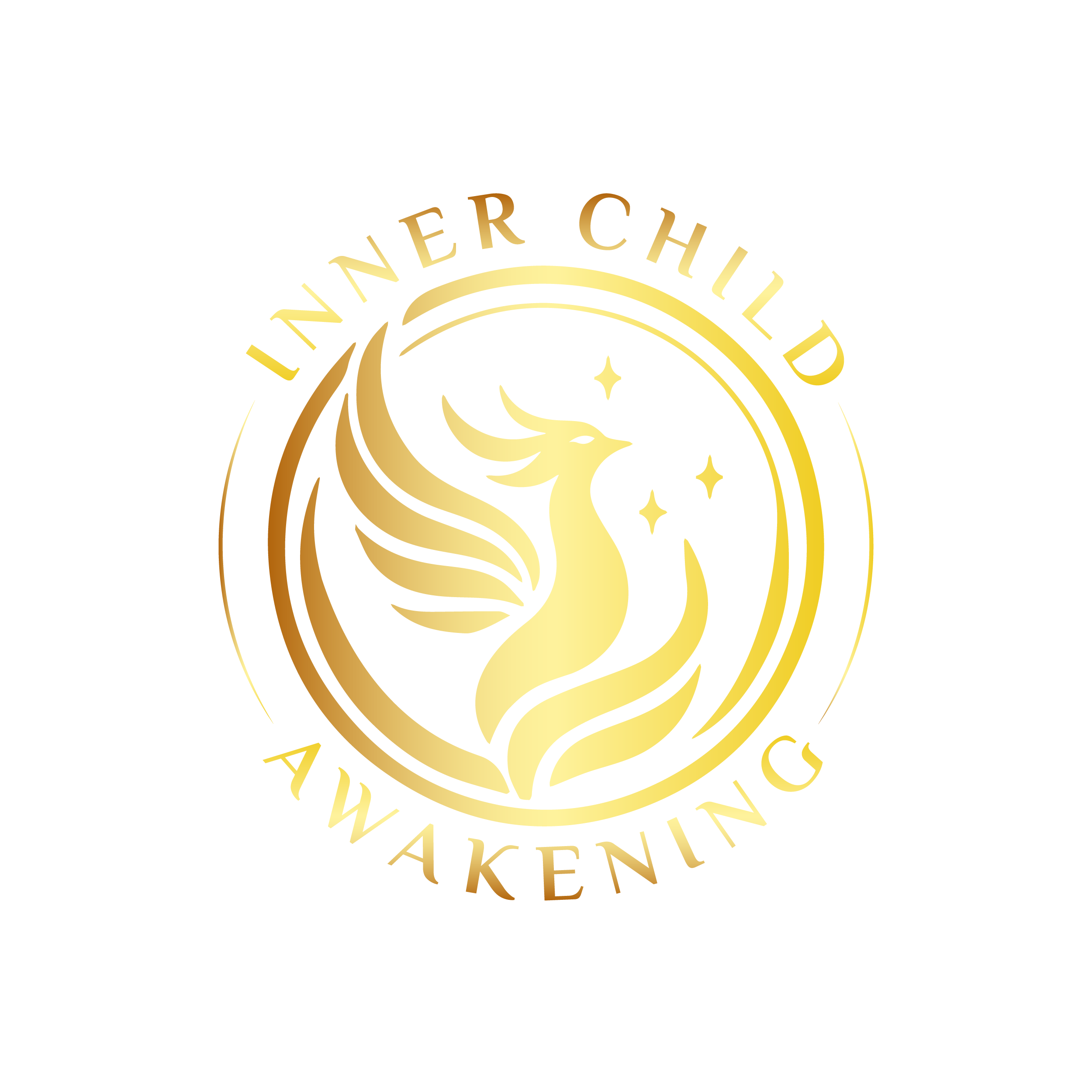Many of us carry the weight of unspoken childhood trauma, sometimes without ever being aware of it. These very early life experiences that go unresolved leave lasting emotional scars, determining how we think, how we feel and how we behave throughout our adult life. Recognizing the immutable power of inner child trauma is the first step in mental health healing, and all about taking back control of our lives.
The Lasting Impact of Childhood Trauma
Childhood is a time of vulnerability and learning. When this neglect, abuse, or emotional pain isn’t addressed, it can cause childhood wounds that continue into adulthood. These experiences are vital as they affect our self-esteem, trust, and emotional management.
Unspoken childhood trauma may manifest in various ways. It can manifest as anxiety, depression, challenges keeping relationships, even physical symptoms like chronic pain. The unresolved trauma is basically absorbed into your subconscious and forces you to react to the world from that state of trauma. Understanding this link between childhood experiences and adult behavior is the first step in the healing process.
Generational Trauma and Its Influence
Generational trauma adds an additional layer of complexity. It refers to the passing down of unresolved pain and behavior from one generation to another. For example, parents who felt neglected, will find it difficult to give emotional support to their children, unintentionally deferring the trauma cycle. To break this cycle one needs to understand its origins and commit to healing through intentional practices.
The Emotional and Psychological Impact
The emotional impact of unspoken childhood trauma is profound. As adults, we may know the sensation of self-doubt, guilt, or feeling “less than” without knowing the origins of such feelings. These emotions often stem from the unmet needs of our younger selves. In a similar way, trauma and adult life are interconnected via actions like avoidance, perfectionism, or excessive people-pleasing — strategies formed as kids to handle situations that felt impossible to process.
However, inner child trauma if not resolved, also impacts mental health. Many conditions, like PTSD, anxiety disorders, and depression, can often be linked to these formative experiences. Identifying the root cause is key to mental health healing and progression toward emotional liberty.
Healing Childhood Wounds
Healing the deep wounds caused by unspoken childhood trauma involves deliberate effort and self-compassion. Below are some practices to help you start this transformative journey:
1. Acknowledge the Trauma
If something traumatic happens to you, the first step towards healing is to admit that it actually happened. Think back to things that hurt or scared you as a child. Keeping a journal to specifically write these experiences can clarify things for you and validate your feelings. This helps your inner child to feel seen and acknowledged.
2. Practice Emotional Release
Expressing bottled-up emotions is important to recovery. For something that focuses specifically on processing and releasing pain that’s been stored in your body, try art therapy, dance or even just crying. It is a form of emotional release that creates space for growth and renewal, allowing you to reconnect with your true self.
3. Seek Professional Support
One of the best sources of guidance is working with a therapist or a healing program. Programs led by experts like Coach Apurva offer tailored tools and insights for addressing inner child trauma. Explore her resources to begin your journey toward recovery and discover how to create a fulfilling, balanced life. Learn more at Coach Apurva’s platform
4. Break the Cycle of Generational Trauma
To stop the chain reaction of generational trauma, make a commitment to cultivate healthier patterns for yourself and future generations. This requires becoming aware of the behaviors you’ve inherited and making intentional choices about responding differently. Forgiveness—of both yourself and others who have hurt you—is an essential aspect of the process.
5. Embrace Self-Compassion
Self-compassion is essential for addressing emotional scars. Instead of criticizing yourself for your feelings or shortcomings, offer empathy and compassion. Be kinder to yourself, treat yourself like a friend who’s gone through something similar. Such practice not only allows for healing but also creates a deeper connection with self.
6. Connect with Your Inner Child
If you connect with your inner child you give yourself the opportunity to revisit and heal the parts of you that were hurt or neglected. Visualization exercises, journaling or retaking up childhood pursuits, are among activities that help you develop a strong inner child connection. Addressing past pain begins with listening to the needs of your inner child.
Benefits of Healing Childhood Trauma
As you work through the layers of unspoken childhood trauma, you will notice profound shifts in your life. Healing brings about:
- Improved Emotional Regulation: Understanding your triggers allows you to respond with greater calm and clarity.
- Healthier Relationships: Resolving past pain enables you to build deeper, more authentic connections with others.
- Increased Self-Esteem: Releasing the weight of childhood wounds fosters confidence and self-worth.
- Personal Freedom: Letting go of the past allows you to embrace life with newfound energy and purpose.
By committing to mental health healing, you can create a life rooted in authenticity and emotional balance. This transformation not only benefits you but also inspires those around you, breaking cycles of pain and fostering resilience.
Embracing the Journey
It is a challenging but rewarding journey to heal unspoken childhood trauma. It takes courage, self-awareness, and patience. By addressing the emotional impact of past experiences, you reclaim the power to shape your future.
Keep in mind that healing takes time, and is a process, not a destination. Every step you take—be it acknowledging the pain, learning about emotional release, or reaching out—brings you closer to freedom. Be gentle with yourself and acknowledge progress, however small.
Ultimately, by embracing the work of healing, you honor your inner child and pave the way for a brighter, healthier, and more fulfilling life.

